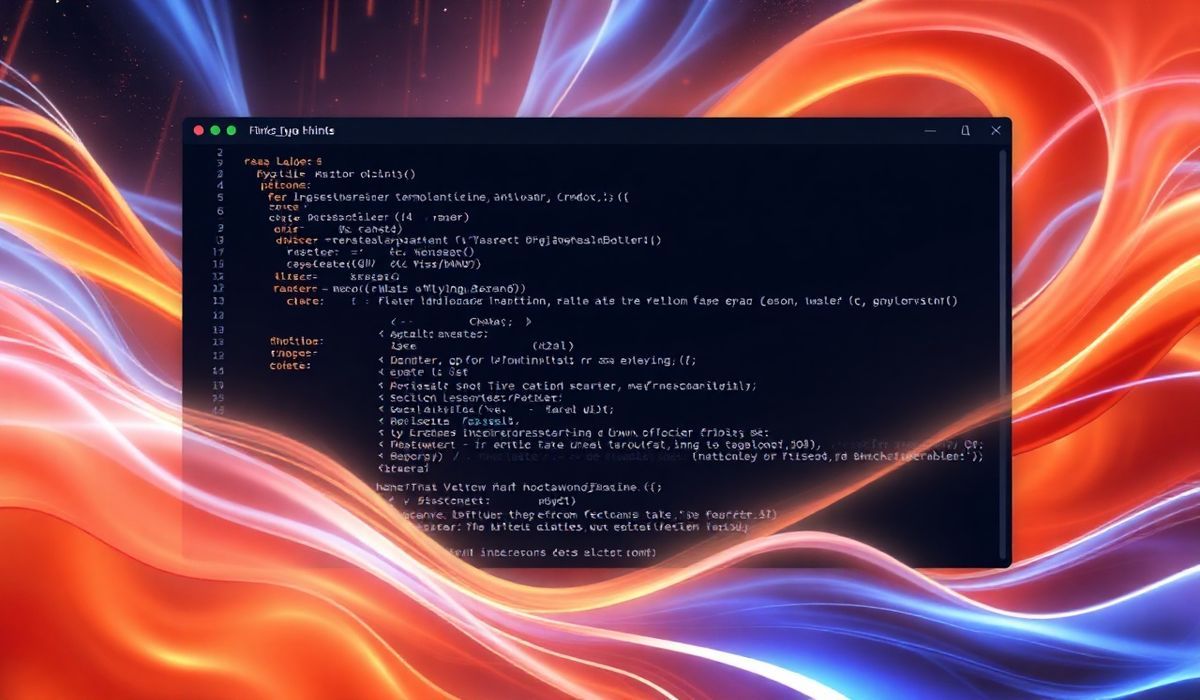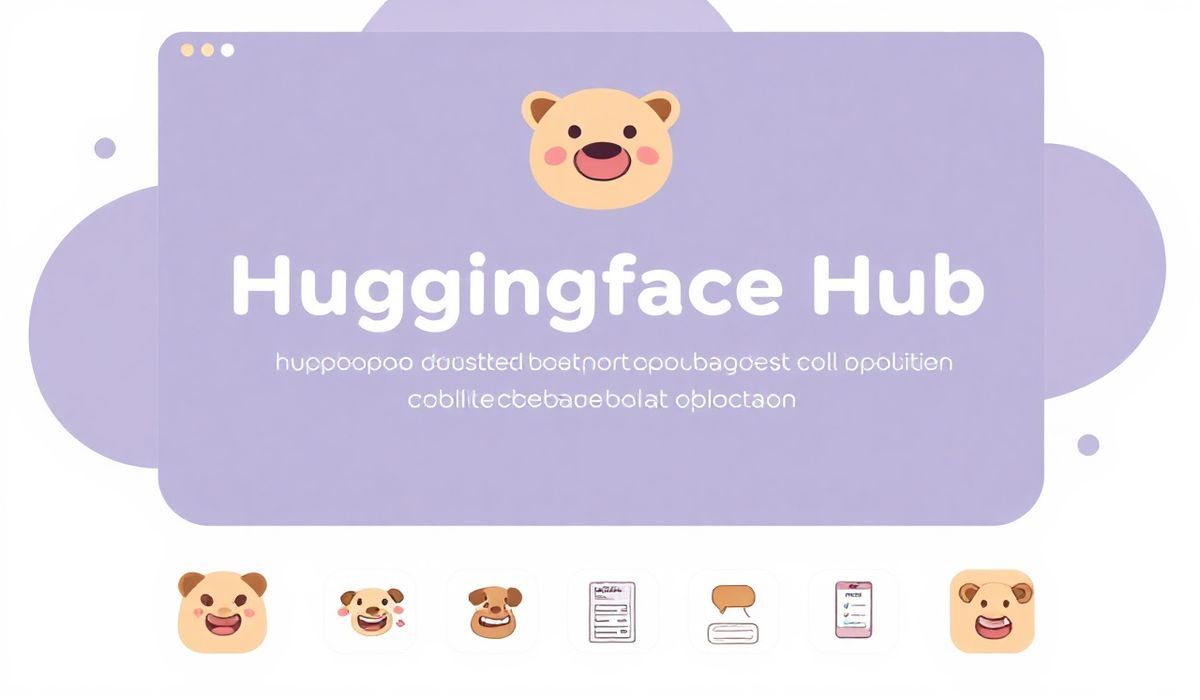Introduction to typing-extensions
typing-extensions is a highly useful Python package that provides backports of new type system functionality from newer versions of Python’s standard library’s typing module. This allows developers to use the latest typing features even when they’re working on older versions of Python (e.g., 3.6, 3.7, or 3.8). It ensures compatibility while leveraging advanced type hints, which make your code more robust, readable, and maintainable.
In this blog post, we’ll not only cover the basics of typing-extensions, but also explore its several APIs through examples and even build a simple app that uses these features.
Key APIs in typing-extensions with Examples
1. TypedDict
Introduced in Python 3.8, TypedDict allows you to create type-annotated dictionaries. You can define a dictionary schema for better clarity in code:
from typing_extensions import TypedDict
class Movie(TypedDict):
title: str
release_year: int
genre: str
inception = Movie(title="Inception", release_year=2010, genre="Sci-Fi")
print(inception)
2. Literals
The Literal type lets you restrict variable values to specific constants:
from typing_extensions import Literal
def get_status(status: Literal["success", "error", "loading"]) -> str:
return f"Status is: {status}"
print(get_status("success"))
# print(get_status("pending")) # This will raise a static type-checking error.
3. Protocol
Protocol is a way to define structural subtyping, where objects are considered a subtype if they implement the required methods and attributes:
from typing_extensions import Protocol
class Flyable(Protocol):
def fly(self) -> None:
...
class Bird:
def fly(self) -> None:
print("Flying high!")
def perform_flight(subject: Flyable):
subject.fly()
bird = Bird()
perform_flight(bird)
4. Annotated
Use Annotated when you want to attach metadata to a type hint:
from typing_extensions import Annotated
def process_data(age: Annotated[int, "Must be a positive number"]) -> None:
print(f"Processing data: {age}")
process_data(25)
5. Final
Final ensures that variables or methods cannot be overridden or reassigned:
from typing_extensions import Final API_VERSION: Final = "1.0" # API_VERSION = "2.0" # This will cause a type-checking error.
Building an Application Example: Movie Catalog
Let’s combine these APIs into a practical example. We’ll create a movie catalog app that demonstrates how typing-extensions makes type hints robust and expressive.
from typing_extensions import TypedDict, Literal, Final, Protocol
# Define the dictionary schema for movies
class Movie(TypedDict):
title: str
release_year: int
genre: Literal["Action", "Comedy", "Drama", "Sci-Fi"]
# Define the Flyable protocol (for animated effects)
class Flyable(Protocol):
def fly(self) -> None:
...
class AnimationEffect:
def fly(self) -> None:
print("Animated flying effect!")
# Movie catalog constants
GENRES: Final = ["Action", "Comedy", "Drama", "Sci-Fi"]
# Function to add a movie
def add_movie(catalog: list[Movie], title: str, release_year: int, genre: Literal["Action", "Comedy", "Drama", "Sci-Fi"]) -> None:
movie: Movie = {"title": title, "release_year": release_year, "genre": genre}
catalog.append(movie)
# Function to display movies
def display_movies(catalog: list[Movie]) -> None:
for movie in catalog:
print(f"{movie['title']} ({movie['release_year']}) - {movie['genre']}")
# Main application logic
if __name__ == "__main__":
catalog: list[Movie] = []
add_movie(catalog, "Inception", 2010, "Sci-Fi")
add_movie(catalog, "The Dark Knight", 2008, "Action")
print("Movie Catalog:")
display_movies(catalog)
# Use the Flyable protocol for a fun effect
effect = AnimationEffect()
effect.fly()
Why Use typing-extensions?
The typing-extensions library accelerates your Python development by allowing you to leverage new type hints even on older Python versions. This ensures your applications are future-proof and easier to work with in the long run. Whether you’re dealing with APIs or building complex programs, typing-extensions is an invaluable tool to have in your Python toolkit.
Happy Typing!




